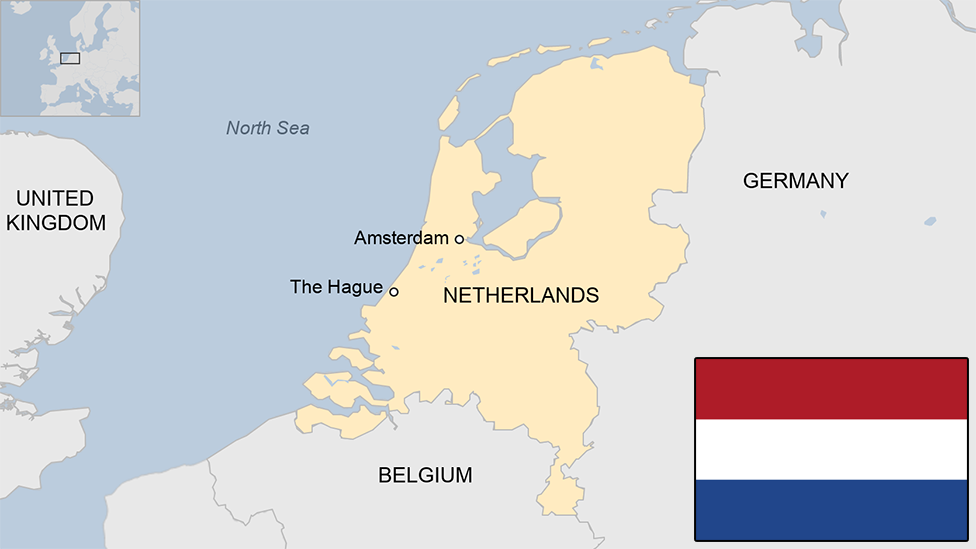Netherlands election: Centrists battle for votes
- Published
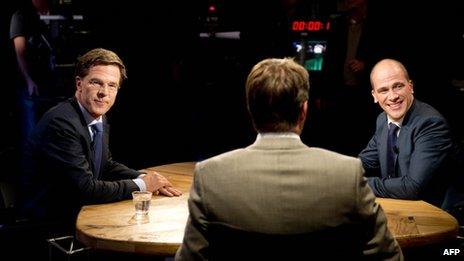
Political foes Mark Rutte (left) and Diederik Samsom are the front-runners
Campaigning in the Dutch general election is into its final hours with the centre-left and centre-right pushing for votes from the margins.
Opinion polls suggest that outgoing Prime Minister Mark Rutte's liberal VVD party and Diederik Samsom's Labour Party are neck-and-neck.
Analysts say the outcome will be crucial to Germany's campaign for fiscal discipline in the eurozone.
Whichever party wins, a new coalition is the likely result.
Mr Rutte's previous coalition collapsed in April after Geert Wilders' populist right-wing Freedom Party, which had backed the government without joining it, rejected proposed budget cuts.
The Freedom Party, which had an impact on past elections in the Netherlands with its strong showing, is not expected to increase its share of the vote on Wednesday.
Support for Emile Roemer's hard-left Socialist Party is predicted to fall back after a surge early on in the campaign, when it became the surprise front runner with Eurosceptic slogans.
The leaders of the main parties meet on Tuesday night for the last televised debate of the campaign.
Final appeals
According to a poll published by Maurice de Hond on Monday evening, the VVD and Labour Party will each win about 35 seats in the 150-seat parliament, increasing their share by four to five seats compared with the 2010 election.
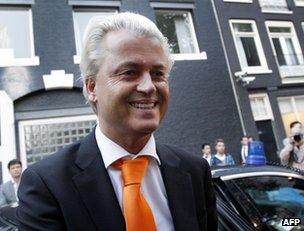
Geert Wilders has campaigned on a Eurosceptic platform
An Ipsos Synovate poll on Saturday suggested the same result for the two leading parties.
The Maurice de Hond poll suggests the Socialist Party will come third with 20 seats, a jump of five.
According to the poll, the Freedom Party will see its share of the seats fall from 24 to 19. However, analysts caution that some of the party's voters do not admit to supporting it in surveys.
Correspondents say Mr Rutte's VVD has stepped up its Eurosceptic rhetoric in a bid to woo right-wing voters, emphasising its pragmatic approach to Brussels.
"I have no time for the Europe of the blue flag and the little stars, some elevated ideal," said Mr Rutte, speaking to Dutch newspaper Algemeen Dagblad.
He pursued his austerity message, arguing that the budget deficit should be reduced while investment in roads and education could stimulate the economy.
Labour leader Diederik Samsom stressed his social democratic party had most in common with the Socialist Party.
"The Netherlands needs a community approach instead of the 'every man for himself' policy of the liberals [VVD]," he told the newspaper Spits.
He accused Mr Rutte of having failed to generate jobs, saying unemployment had increased by 100,000 since he took power.
While the two leaders have sought to play down speculation about an eventual coalition between them, correspondents note that they stand to have a comfortable majority in parliament, with the support of a third party such as the socially liberal D66.
- Published11 September 2012
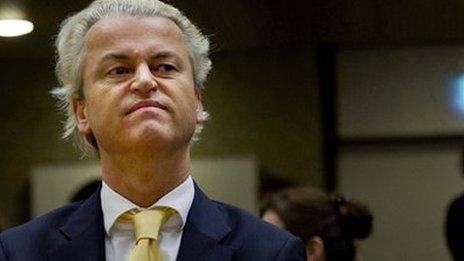
- Published11 September 2012
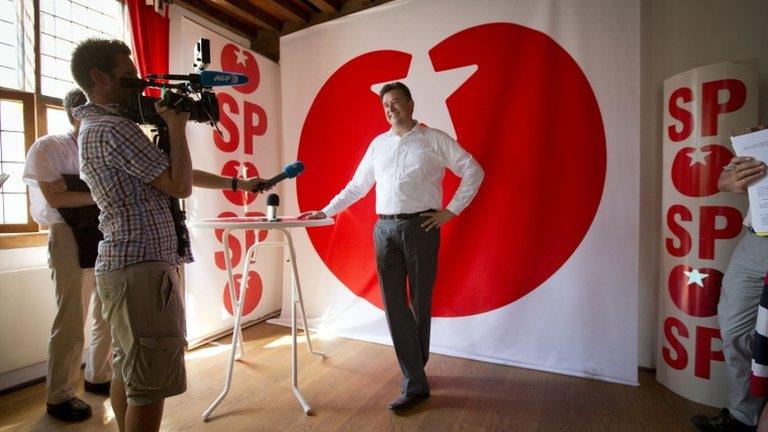
- Published8 September 2012
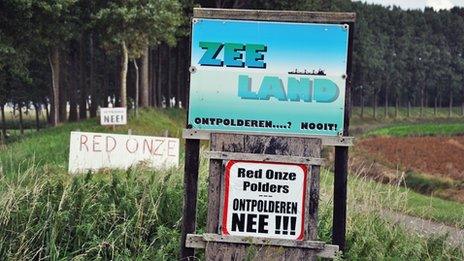
- Published6 September 2012
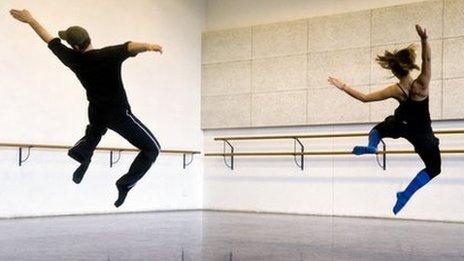
- Published30 August 2012
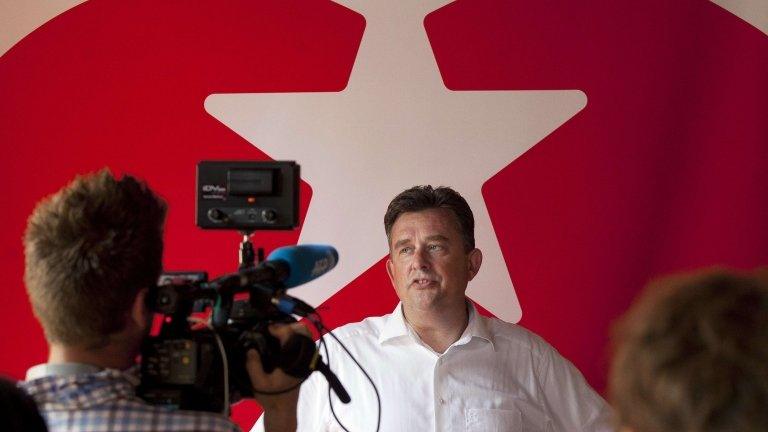
- Published2 July 2024
